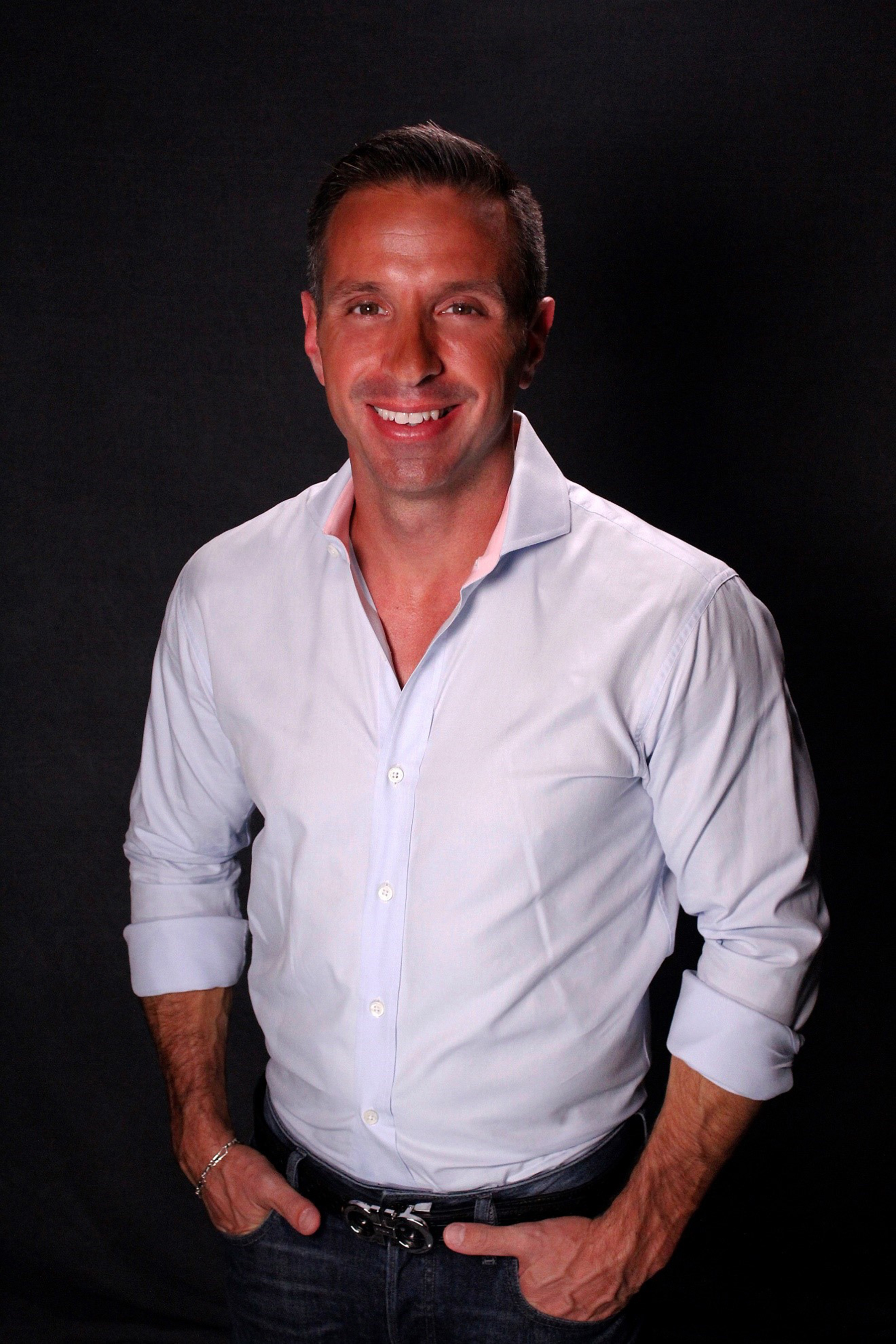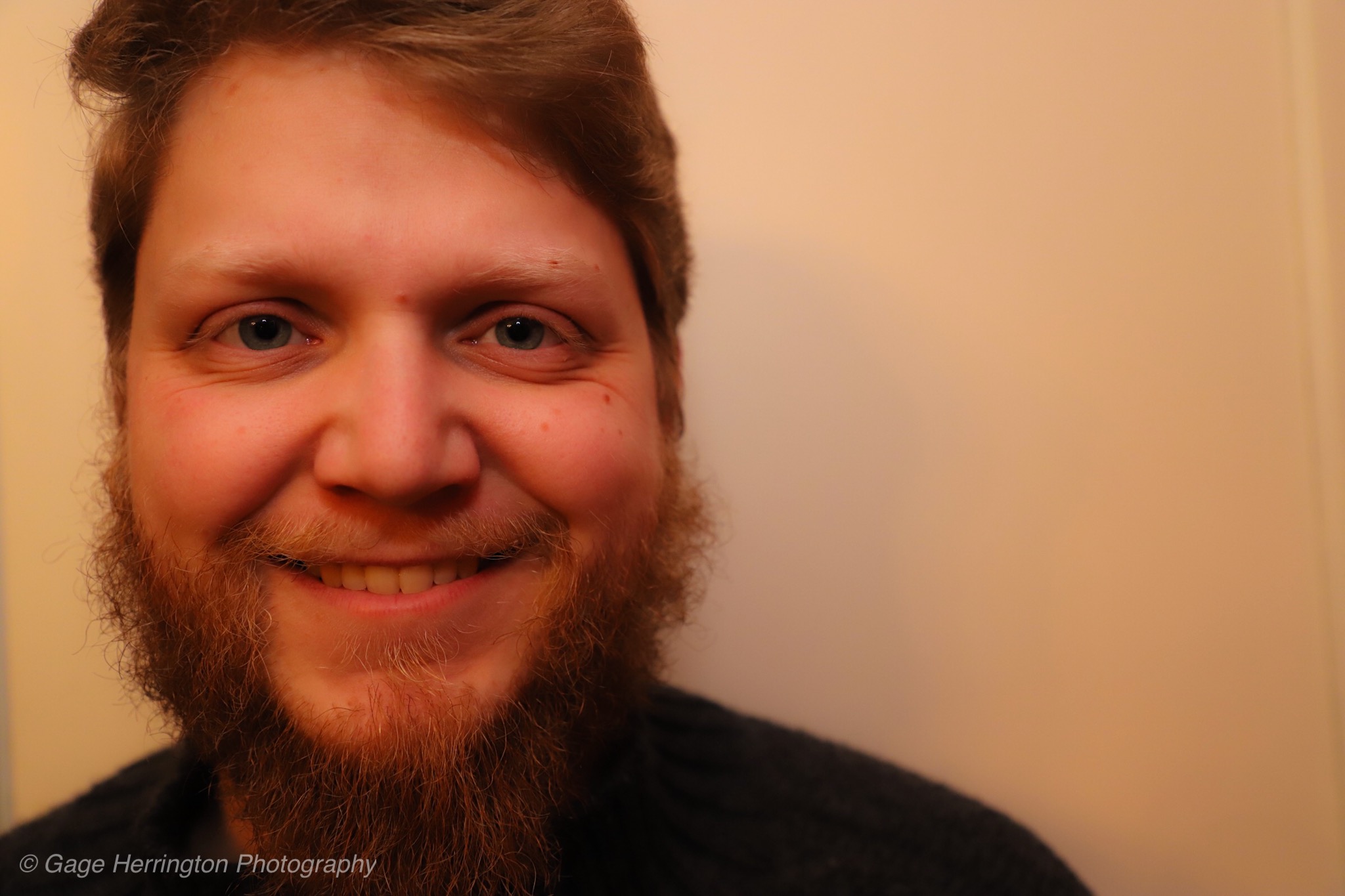West, Damon
The only athlete in the history of the NCAA to receive a life sentence and parole out of prison with enough life left to tell the story, Damon West has made the most of his second chance. As an addict in long-term recovery, with a lifetime of parole, this former college quarterback has learned from his own mistakes, and the examples of others, that his program of recovery is paramount to everything else. He has dedicated his life to Servant Leadership and his “Coffee Bean” analogy, learned in prison, has become a mantra for kids, college athletes, addicts, and corporations alike.
“Rescued” by a Dallas SWAT team on July 30, 2008, he was finally forced into sobriety through incarceration. Behind bars, in an alien-world, he faced a terrible new reality and severe consequences for his criminal-addictive behavior. Stripped of everything in life, Damon was a blank slate. Sentenced to 65 years (Life) for Engaging in Organized Criminal Activity for dozens of burglaries he committed while hooked on meth, prison life began with a violent baptism-by-fire. Nothing in his privileged background, working in both Washington politics and at one of the largest Wall Street banks in the world, could have prepared him for the nightmares of a Texas maximum-security prison. It would be the wisdom of an elderly convict, the love of his family, a program of recovery and his faith that guided his path.
His acclimation to prison life and tales of survival on the life-sentence building in a maximum-security hell captivates audiences of all ages, genders, races, socio-economic classes and everyone in between.
Since his parole from that Texas maximum-security prison in November of 2015, he has shared his story with audiences ranging from the incarnated to students to the corporate world. His goal in every room is to reach that “one person” and find those who may be struggling with substance abuse or any other life-restricting obstacles. His story is sure to inspire and motivate those who hear it.
Damon’s message connects with audiences on a level rarely before seen, as evidenced by the lengthy and thought-provoking Q&A following each presentation. His ability to articulate his story is proof that sometimes they lock-up the right person.
He has appeared on nationally and globally televised shows. His memoir out in March of 2019, The Change Agent, is a true story about his turbulent childhood, becoming a star athlete, going from addiction to recovery and finding redemption.
“It is my hope that my story, my example, can show others they are capable of way more than they think. In order to stem the flow of pain in society, it is incumbent upon each of us, whether in life, in school or in business, to be like the coffee bean from my story.” – Damon West
Presentation(s):





